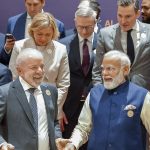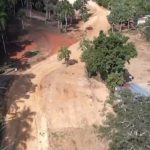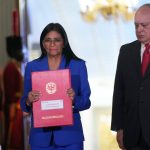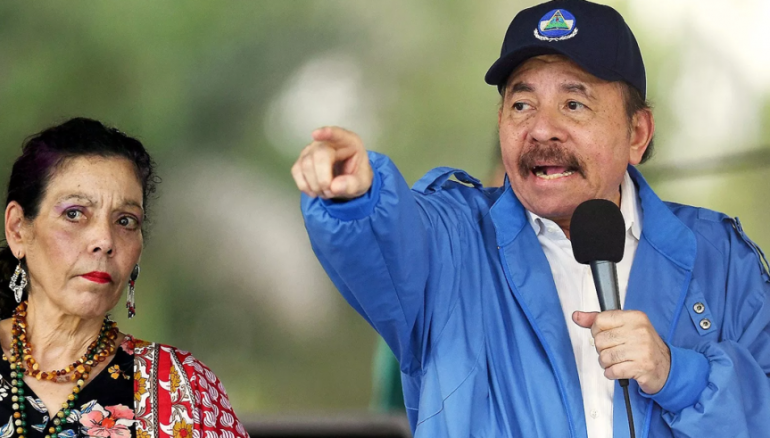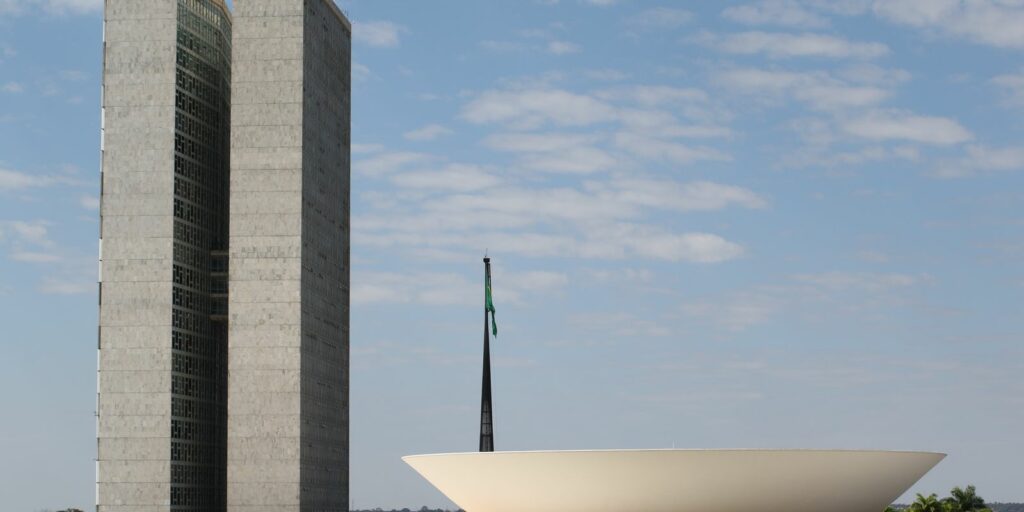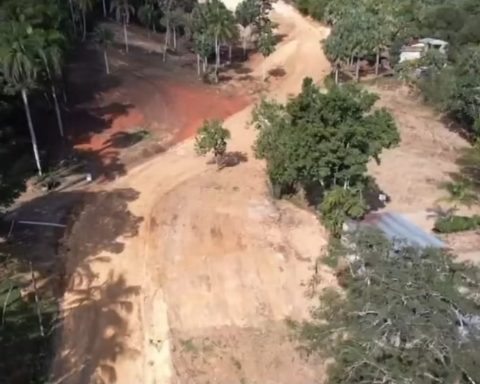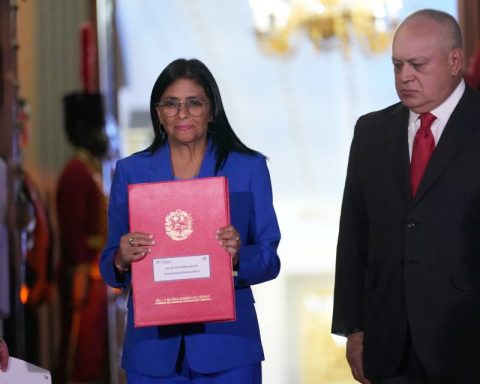It is likely that the main economies of Latin America maintain a restrictive monetary policy for a prolonged periodor, after exceeding its inflation targets for several consecutive years, according to the head of Colombia’s central bank.
There is a consensus among those responsible for monetary policy in the region that interest rates will have to remain high “for some important time” to guarantee that inflation decelerates decisively, the general manager of the Bank of the Republic, Leonardo Villar, said in an interview on Wednesday.
(Read: Non-alcoholic beverages and food drive inflation in Chile).
In the Colombian case, BanRep will not meet its goals in 2021, 2022 and 2023, and price increases will only cool down to the target range at the end of 2024, Villar said in Bogotá.
This “makes it important to maintain a relatively restrictive, contractive policy,” he said. “It does not mean that, to the extent that inflation falls, the nominal rate cannot be lowered, but with great, great caution, and only when there is enough peace of mind that the convergence process is happening.”
The consumer prices soared in all emerging markets from 2021 due to rising costs of major raw materials, while consumer demand picked up as supply chains continued to be disrupted by the covid-19 pandemic.
Throughout the region there have been “unprecedented” price increases since inflation targeting was introduced in Latin America, Villar said. Brazil, Mexico, Peru, Chile and Colombia They adopted inflation targeting regimes in the 1990s or 2000s.
(In addition: The items that put pressure on transport inflation).
Restore credibility
Persistently high inflation rates since the pandemic may also be undermining the confidence enjoyed by policymakers, Villar said. “Possibly it has forced monetary policy to be more restrictive than it would be if there were more credibility“, he added.
The excess demand problemsrapid increases in food prices and high levels of indexation are common in the region’s major economies, but are currently more pronounced in Colombia, Villar said.
The annual inflation rate of Colombia accelerated to 13.25% last month, its highest pace since 1999. The Banco de la República expects it to peak sometime in the first quarter, Villar said. However, core inflation is expected to continue to accelerate during the first half of the year, partly due to widespread price indexation, according to Villar.
The central bank raised its benchmark interest rate at 12.75% last monthwhich compares with the 1.75% it was at when it began to tighten its policy in 2021.
(Read: Formal credit, technology and other challenges in the banking sector).
At last month’s meeting, BanRep said that the interest rate was nearing the point where it would be the high enough to bring inflation back to its 3% target over the medium term. Villar said that this does not mean that interest rates cannot rise further, but rather indicates that the end of the cycle is near.
Some economists have speculated that the bank was thinking of easing monetary tightening months ago, but was repeatedly hit by unexpected bad news on inflation. Asked about it, Villar said: “That interpretation is valid.”
“There were negative elements, in particular, the impact of the strong depreciation that we experienced between September and November of last year, and the magnitude of the salary adjustments“, held.
“Starting in December, we began to see a much more favorable trend. For example, the behavior of the exchange rate and a more benign international environment that gives us a bit more peace of mind.”
“Respectful” Petro Investors were alarmed last year by President Gustavo Petro’s criticism of central bank interest rate hikes. Peter has said that inflation should be combated with measures to lower food pricessuch as fertilizer subsidies.
Petro’s remarks contributed to a sell-off in the country’s bonds and currency, but Villar said any fears investors might have about the independence of the bank would be unjustified.
(Keep reading: Fitch sees risks from Petro’s intervention in energy regulation.)
“President Petro, like all former presidents at the time, has made statements, has expressed completely legitimate concerns, but has been very respectful of the bank’s autonomyVillar said.
In Brazil, President Luiz Inacio Lula da Silva reiterated his call for the Central Bank to lower interest rates and even questioned whether its independence serves the national interest. In colombia, The central bank has ignored the unsolicited advice it has received from all four presidents over the past 20 years.s. Villar, 63, studied at the London School of Economics, taking up the role in 2021.
Bloomberg







